Eighty-five percent of Americans support the U.S. Congress passing legislation that would grant the nation’s
Educational Services From Credit Bureaus
Eighty-five percent of Americans support the U.S. Congress passing legislation that would grant the nation’s three credit bureaus with the authority to provide additional financial literacy services to those who need or would like them.
While credit is among the most common payment methods consumers use, many aren’t taking advantage of it in a way that improves their financial situation, evidenced by the 6 in 10 Americans who don’t have a budget in place, according to a survey by the National Foundation for Credit Counseling.
It comes as no surprise, then, that the vast majority of consumers is highly supportive of the government enabling credit bureaus to offer credit education services to adults of all ages, new polling confirms.
In a survey of nearly 1,100 adults 18 years of age and older, 85 percent was supportive of the U.S. Congress passing legislation that would grant the nation’s three credit bureaus with the authority to provide additional financial literacy services to those who need them or could use a refresher course.
Not only that, but 70 percent of respondents to the poll, commissioned by the Coalition to Improve Credit Education, believed TransUnion, Experian and Equifax ought to offer personalized credit education services so individuals’ unique situations could be better addressed.
Bill Cheeks, the Coalition’s executive director, indicated that these services are not only long overdue, but implementing them may be mutually beneficial, both for service providers and hard-working Americans who are providing for their families.
“Consumers want personalized credit education services, and they believe national credit bureaus should be offering those services,” Cheeks explained.

6 in 10 concerned about credit situation
Credit scores represent the financial reputation of consumers in digital form. The higher their scores, the greater flexibility they have with making payments, able to borrow larger amounts and get more affordable interest rates because they’re deemed safe borrowers who make their payments consistently. Nearly 60 percent of Americans have been or are concerned about their credit situation, according to the Coalition’s poll. Additionally, almost 40 percent have been denied credit because their scores were deemed insufficient.
Knowledge is power, and consumers are appreciative of this reality. Sixty-four percent of respondents said they would be interested in taking credit bureaus up on their offers for educational services.
Credit Repair Organizations Act passed in 1996
Twenty years ago, the U.S. Congress passed the Credit Repair Organizations Act, formally signed into law by then President Bill Clinton. Since CROA’s enactment, though, the Coalition says that it hasn’t been adjudicated in the spirit of its original intention. As such, organizations and consumers that represent the Coalition to Improve Credit Education are encouraging lawmakers to hearken back to the CROA and create the credit education resources that may help improve financial literacy.
Credit card debt is often a symptom of poor credit understanding, especially among young people who are newly out of college or are just starting their post high school scholastic careers. A recent survey of millennial women – who range between 18 and 35 years of age – found that over one-third didn’t know how much credit card debt they had and 40 percent were unaware of how much they owed in student loans, according to CreditCards.com.
Learn more about credit education by keeping up with our weekly blogs. And if you find yourself in a difficult situation looking for access to credit for debt consolidation or any other reason, request a personal loan through Reliable Personal Loans and see what we can do for you.

